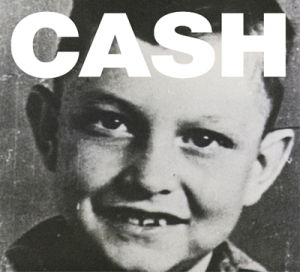

Morgan recalls having trouble with her back as a child. Claude Ely didn't disappoint anyone when he came to town. Mont remembers that the way Claude Ely carried himself, with an old guitar slung on his back, and a big smile. He would drive a car, steering it with one hand, and with the other he would announce with a bullhorn, "Later tonight at 7:00, I'll have a tent set up in the middle of town, please come out and experience the fire and Holy Ghost." He was a heavyset person, with a gold front tooth. He traveled from city to city, wearing a cowboy hat and a white suit. "It's a hope song."Īs an adult, Claude Ely went on the road. The song was "just a plain, simple song that we'll never have to face eternity without God," says Terry Mont, who also knew Claude Ely. The song became an anthem among Pentecostal people in the Appalachian Mountains.Īnd it was one of the last recordings Johnny Cash made before his death. And they believed that God had given him a song: "There Ain't No Grave Gonna Hold my Body Down." And then, according to Pratt, Claude said, "I'm not going to die." And he started singing a song.Įly says he learned that the family felt that God had supernaturally healed Claude. When he was sick, Pratt says, Claude's family gathered in his room where he was in bed and prayed for him.


"Even as a child, he really had a very strong personal relationship with God," says Roberta Pratt, who was a member of the Cumberland Pentecostal church and knew the family. His uncle Leander gave him an old guitar, which he would practice on his sickbed. When he was 12 years old, he was diagnosed with tuberculosis and told that he was going to die as a child. When Brother Claude Ely would get up to sing, I mean he would just get a key on the guitar and when he started singing, it was like the heavens would open up.Ĭlaude Ely was born in 1922 in Puckett's Creek, Va.


 0 kommentar(er)
0 kommentar(er)
